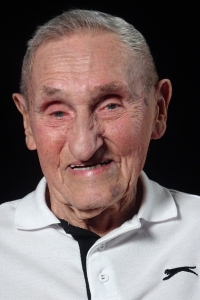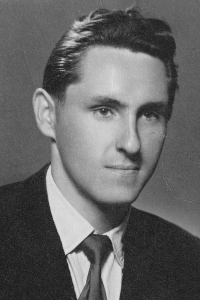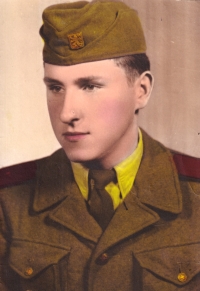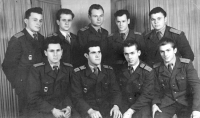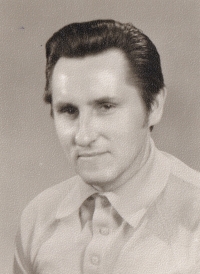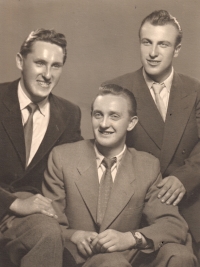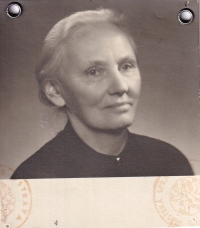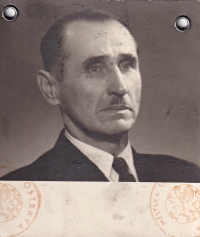I am happy to have lived to see freedom
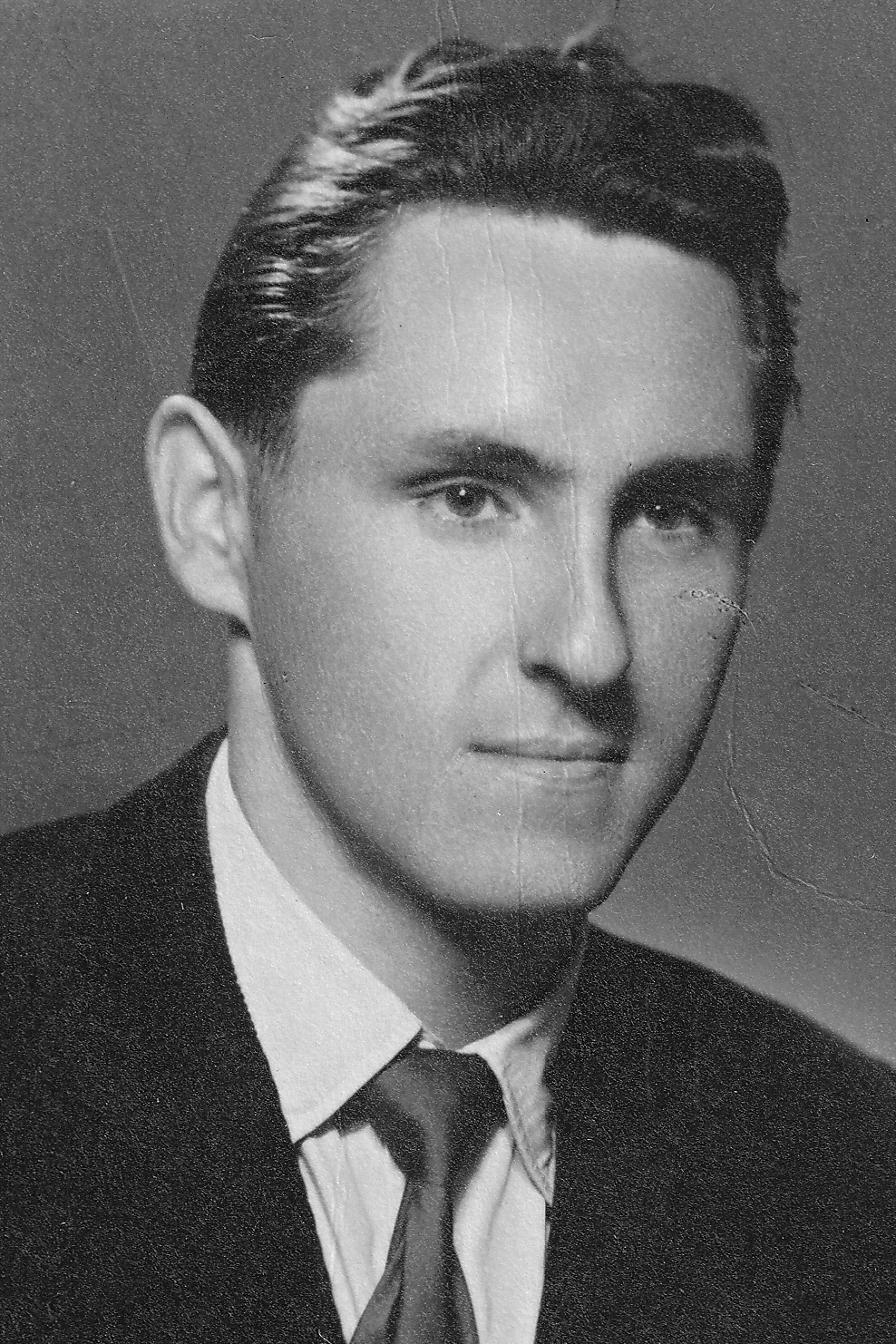
Download image
Otto Ševčík was born in Radvanice on 24 August 1931. The community has been a part of Ostrava since 1941; it was a separate municipality at the time. His father was a miner. The witness grew up with parents and sister in a miner colony in Radvanice. He experienced World War II and the liberation by the Red Army there. He got a car mechanic training. During the communists’ trial involving Milada Horáková in 1950 due to alleged subversion, he refused to sign a petition asking that she be executed. While in his military service, he underwent paratrooper training in Prešov in Slovakia in the early 1950s. He worked at the Československé automobilové opravny car repair firm in Ostrava. Following the invasion of Czechoslovakia by the Warsaw Pact armies in 1968, he protested against the foreign armies’ entry. In the early 1980s, he started working at the pipe forging mill of Nová huť Klementa Gottwalda. He lived in Ostrava-Poruba in 2022.

